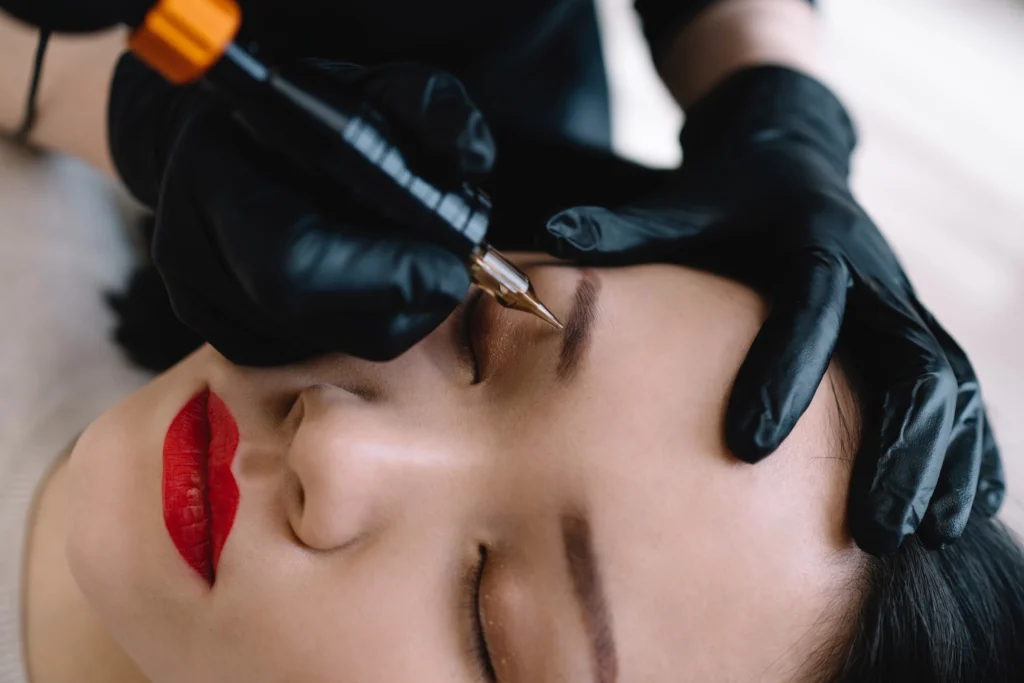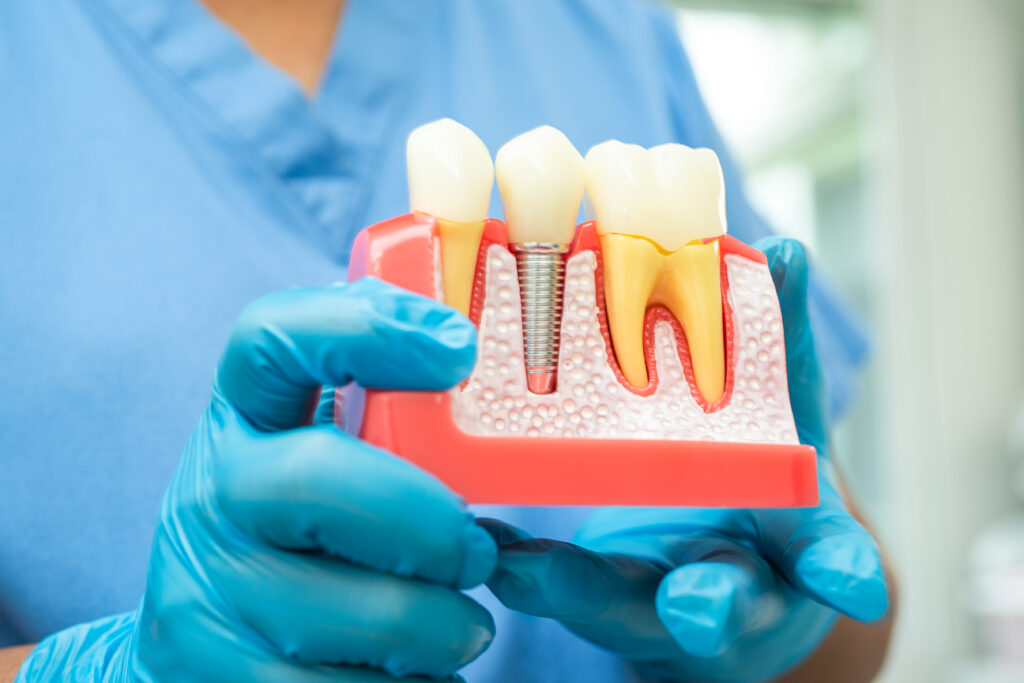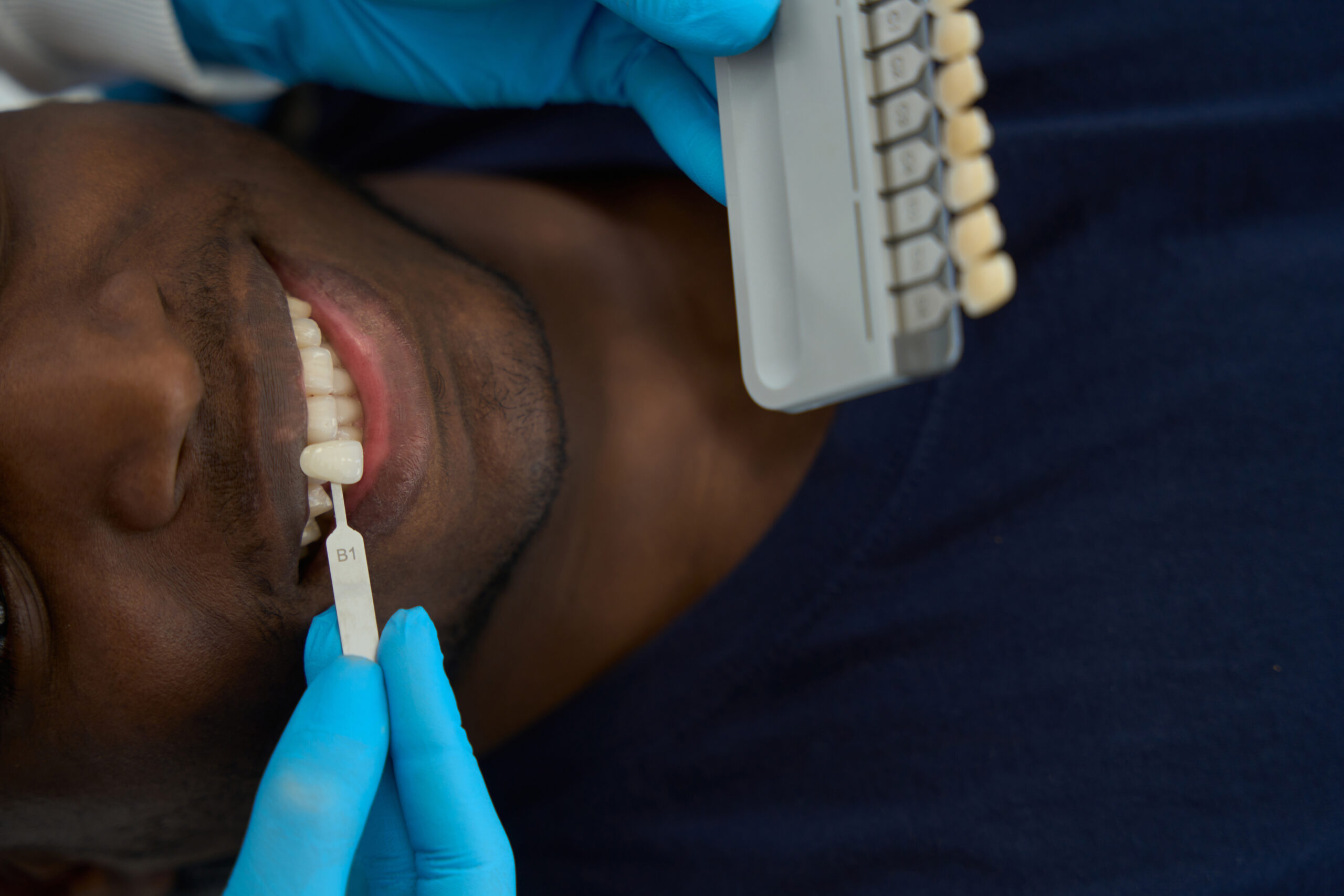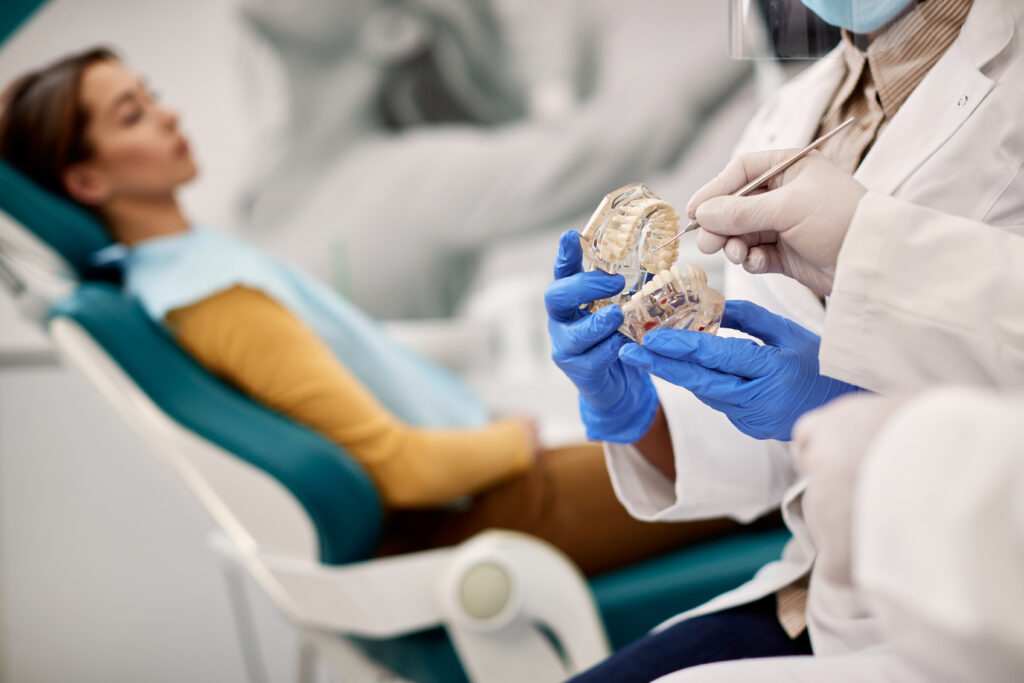
Long ago, the human jaw was large enough to fit another set of molars at the back of the mouth. These were helpful for chewing coarser, tougher foods for ancient humans. We call these “wisdom teeth” because they tend to grow in during early adulthood (roughly between ages 17 and 21).
Our jaws shrank over time to accommodate a less demanding diet as we evolved. However, our wisdom teeth remain — and are often too big for the jaw, or the jaw itself is too small for them.
Thus, most people need them removed before they can cause problems. If your wisdom teeth are coming in and you need them taken out, here’s what to expect.
Pre-Surgery
First, your dentist will see if your wisdom teeth are growing in — usually during a routine checkup. From there, they’ll determine if they need to be removed. A small number of people don’t need them taken out, but most do.
You’ll then meet with your dentist or oral surgeon to discuss the procedure. You can (and should) ask any questions you have about the process. You’ll also discuss what type of anesthesia you’d like (you can either have the area numbed or be put to sleep).
Additionally, you’ll tell them any medical problems you have or medications you take regularly.
During this time, it’s vital to plan some time off for after the surgery so you can rest and recover.
During Surgery
Wisdom tooth removal rarely takes more than 45 minutes. There are 3 main types of anesthesia the oral surgeon could give you. Here they are in order of strength:
- Local: The surgeon injects a local anesthetic, such as novocaine, to numb your mouth. They may also offer nitrous oxide (laughing gas) to further relax you. Recovery from this anesthesia simply involves waiting several hours for the numbing effect to wear off.
- IV: Local numbing anesthesia is applied, but the surgeon also administers anesthetic drugs into your veins via a drip. This will make you feel drowsy and you may fall asleep during the procedure. Recovery is faster than general sedation.
- General sedation: The surgeon uses a combination of gas and IV medication to make you fall completely unconscious. If surgery makes you extremely anxious, then this might be a good option.
In some cases, the surgeon must cut through the gum or bone to extract the teeth. You likely won’t feel more than some pressure on the area when proper local anesthetic is applied. If this makes you anxious, though, you can opt for a stronger form of anesthesia.
Post-Surgery
If the surgeon cuts through gum and bone to get the teeth out, they’ll stitch these up right away. They may also put gauze pads in your mouth to soak up bleeding.
Once the procedure’s over, you may be able to drive home if you had local anesthesia. Anything above that impairs your driving ability for several hours, so you’ll need a ride from someone else.
Most patients won’t have much post-surgery pain. You might have mild discomfort and swelling of the jaw, and opening your jaw might be tough for a little while.
During recovery, stick to soft foods as much as possible and drink lots of water (without a straw, this can loosen vital blood clots). Avoid hard or sticky foods, smoking, or brushing the blood clots. Your dentist may have you rinse gently with salt waterwisdom, but be careful when doing so.
Are your wisdom teeth starting to come in? A dentist like Absolute Smile can figure out for sure, then recommend the best course of action — whether that’s leaving them in or removing them. Contact us today to schedule your appointment — all new patients get a free consultation!







